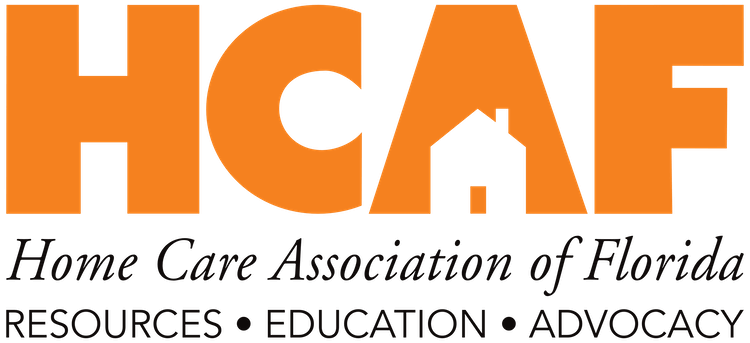Government Shutdown Ends: Key Medicare Flexibilities Restored for Home Health Agencies

Government Shutdown Ends: Key Medicare Flexibilities Restored for Home Health Agencies
The 43-day federal government shutdown — the longest in United States history — officially ended on the evening of November 12, when President Donald Trump signed the Continuing Appropriations, Agriculture, Legislative Branch, Military Construction and Veterans Affairs, and Extensions Act. The legislation funds most federal operations through January 30, 2026, at current fiscal year 2025 levels.
For home health agencies, the legislation carries immediate operational implications, including the restoration of key Medicare telehealth flexibilities and the reinstatement of the Acute Care Hospital at Home waiver program.
Medicare Telehealth Flexibilities Are Back in Effect
All COVID-era Medicare telehealth flexibilities are now reinstated through January 30, 2026, retroactively as if they never lapsed. These flexibilities had expired on September 30, 2025, causing claim holds, denials, and service limitations during the shutdown.
Restored provisions include:
- Allowing a patient’s home to serve as the originating site
- Continuing expanded eligible provider types
- Allowing audio-only telehealth for certain services
- Permitting telehealth visits to fulfill Medicare’s required face-to-face encounter prior to a hospice recertification
For home health agencies, this means the face-to-face encounter required under Section 1834(m) of the Social Security Act may once again be performed via telehealth without geographic or originating-site restrictions.
Medicare Administrative Contractors (MACs) are expected to release payment holds and issue guidance on previously denied or held claims, including those submitted with modifiers during the lapse period.
Acute Care Hospital at Home Program Resumes
The Acute Care Hospital at Home waiver authority — which allows hospitals to deliver inpatient-level services in a patient’s home — is reinstated through January 30, 2026. During the shutdown, hospitals were required to halt new admissions under the waiver and, in many cases, bring patients back into brick-and-mortar settings.
Hospitals that previously participated in the program may now resume providing acute-level services in the home. Home health agencies may again see referrals and care coordination activity tied to these programs, though hospital ramp-up times may vary.
Additional Provisions Affecting Home-Based Providers
Medicare Hospice Surveys
The legislation includes $2 million for Medicare hospice surveys, continuing funding originally established under the IMPACT Act of 2014 to ensure hospices receive a survey at least every 36 months.
Statutory PAYGO Waived Through 2026
The bill waives the Statutory Pay-As-You-Go Act (PAYGO) requirement through 2026, preventing an additional sequestration cut of approximately 4% to Medicare payments. Without this waiver, providers would have faced further reductions on top of the current 2% sequestration.
Veterans Affairs and TriCare
The full-year appropriations for the Department of Veterans Affairs (VA) bring greater stability to VA health services. The continuing resolution also funds the Department of Defense (DOD) through January 30, 2026, enabling TriCare to resume processing and paying claims for services delivered since October 1, 2025.
Next Issue on the Horizon: Marketplace Subsidies Expiring December 31
Although federal operations and key health flexibilities have been restored, Florida now faces a more immediate concern: the enhanced Affordable Care Act (ACA) premium tax credits are set to expire on December 31, unless Congress acts.
Florida would be hit harder than any other state. Roughly 4.6 million Floridians rely on Marketplace coverage, the highest rate in the nation. According to the Florida Hospital Association, about one million Floridians could lose coverage entirely when the enhanced subsidies end. Premiums are expected to surge: a family of four earning $130,000 could see the monthly cost of a Silver Plan jump from $921 to more than $3,100.
For home health agencies, the consequences could be significant. Loss of coverage or sudden premium spikes may lead patients to delay care, decline services, or become ineligible while already on service. Providers may see more uncompensated care, higher patient cost-sharing burdens, coverage lapses during episodes, and shifts in payer mix that disrupt financial stability.
What Home Health Agencies Can Expect Next
Federal agencies, including the Centers for Medicare & Medicaid Services (CMS), are now preparing guidance to clarify how claims impacted by the shutdown will be processed and whether previously denied or held claims require resubmission. Agencies should watch for these instructions, especially relating to telehealth encounters, hospital-at-home claims, and any payment adjustments tied to the shutdown period.
